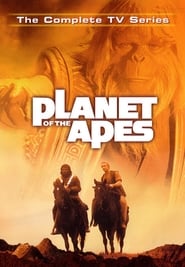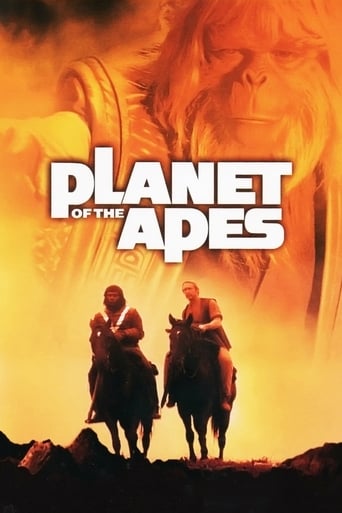"Planet of the Apes," the 1974 television series produced by 20th Century Fox Television, stands as a unique extension of the iconic film franchise. Set in a post-apocalyptic world where intelligent apes dominate and humans are subjugated, the series follows astronauts Alan Virdon and Peter J. Burke, portrayed by Ron Harper and James Naughton respectively, as they navigate this inverted society after crash-landing on the planet. Unlike the films, the TV show delves deeper into the daily lives and societal structures of the apes, offering viewers a more nuanced look at their civilization. The inclusion of Roddy McDowall reprising his role as Galen, an ape who aids the astronauts, adds a familiar touch that bridges the series with its cinematic predecessors. The series, while short-lived with only 14 episodes, ambitiously attempted to expand the "Planet of the Apes" universe by exploring themes of freedom, resistance, and coexistence. Each episode presented new challenges for Virdon and Burke as they sought a way to return home, often encountering different ape communities with varying levels of hostility and curiosity towards humans. The show's narrative was enriched by its focus on the moral dilemmas faced by Galen, who risked his life and status to help the human fugitives, highlighting the complexities of loyalty and friendship across species lines. Visually, "Planet of the Apes" (1974) maintained the high standard set by the films, with detailed ape costumes and makeup that were groundbreaking for television at the time. The production values, while constrained by the budget limitations of 1970s TV, still managed to capture the essence of the dystopian world established in the movies. The series also benefited from the creative input of executive producer Herbert F. Solow, who had previously worked on "Star Trek," bringing a seasoned perspective to the science fiction genre. Despite its cancellation after a single season, "Planet of the Apes" (1974) left a lasting impact on the franchise and its fans. It offered a different perspective on the struggle between apes and humans, emphasizing the potential for understanding and change within a seemingly rigid societal structure. The series, though not as widely recognized as the films, remains a cherished part of the "Planet of the Apes" legacy, appreciated for its bold storytelling and its contribution to the rich tapestry of science fiction television.
Año1974
Número de episodios14
Número de temporadas1
Duración del episodio50,60
EstadoEnded
GénerosSci-Fi & FantasyAction & AdventureDrama
Países de producciónUnited States of America


